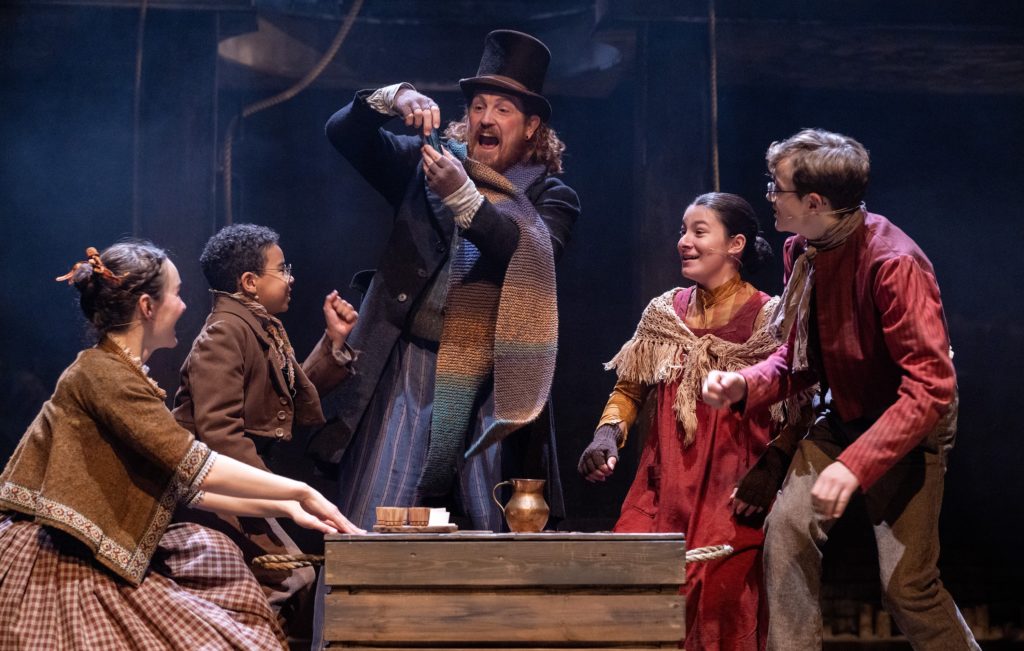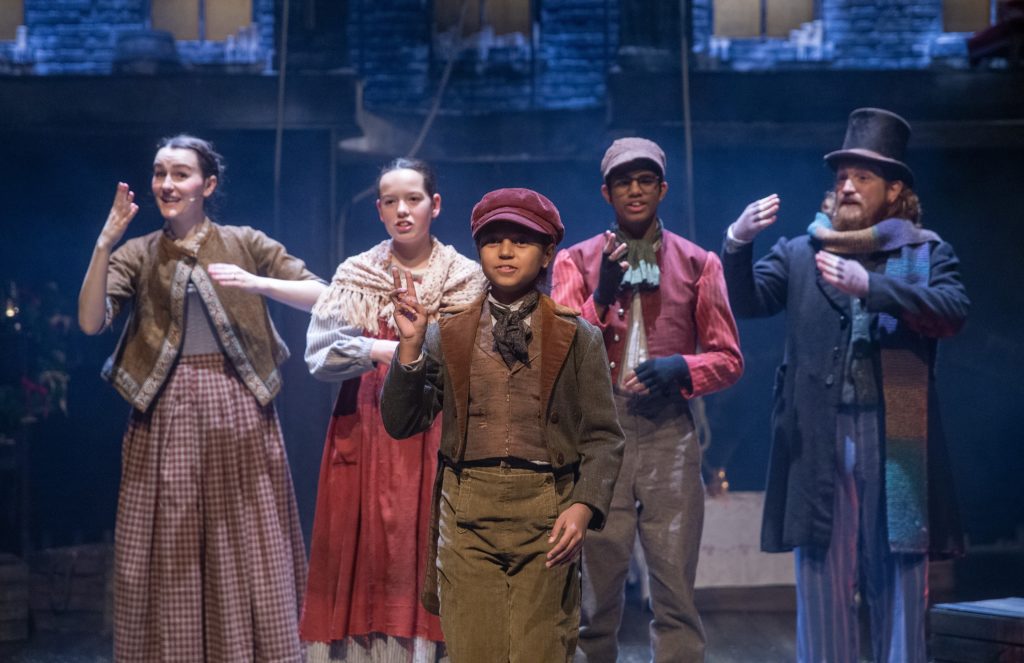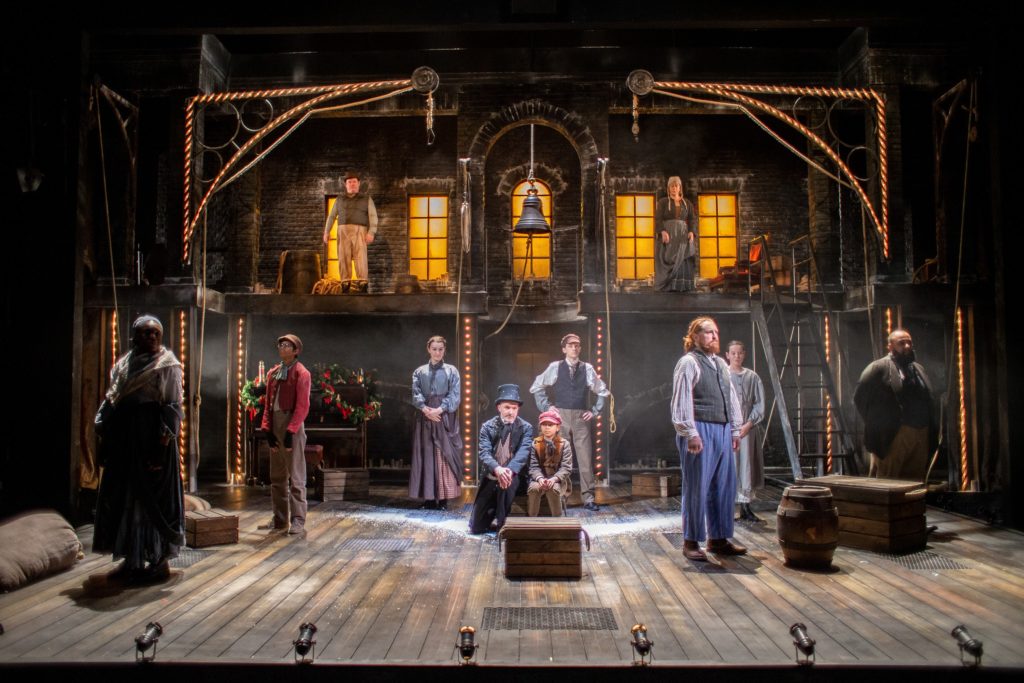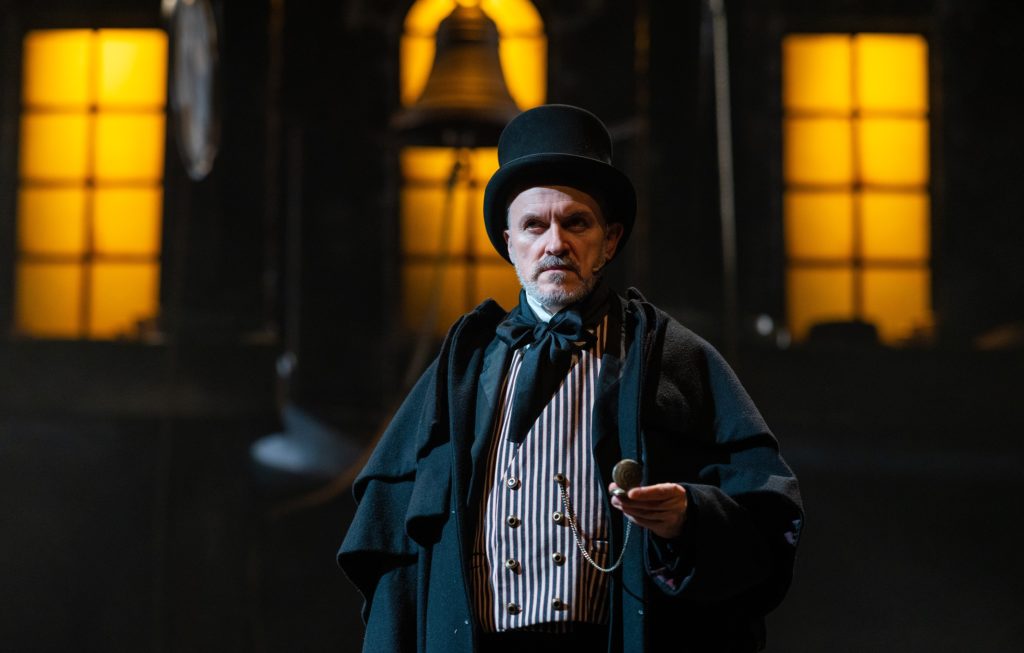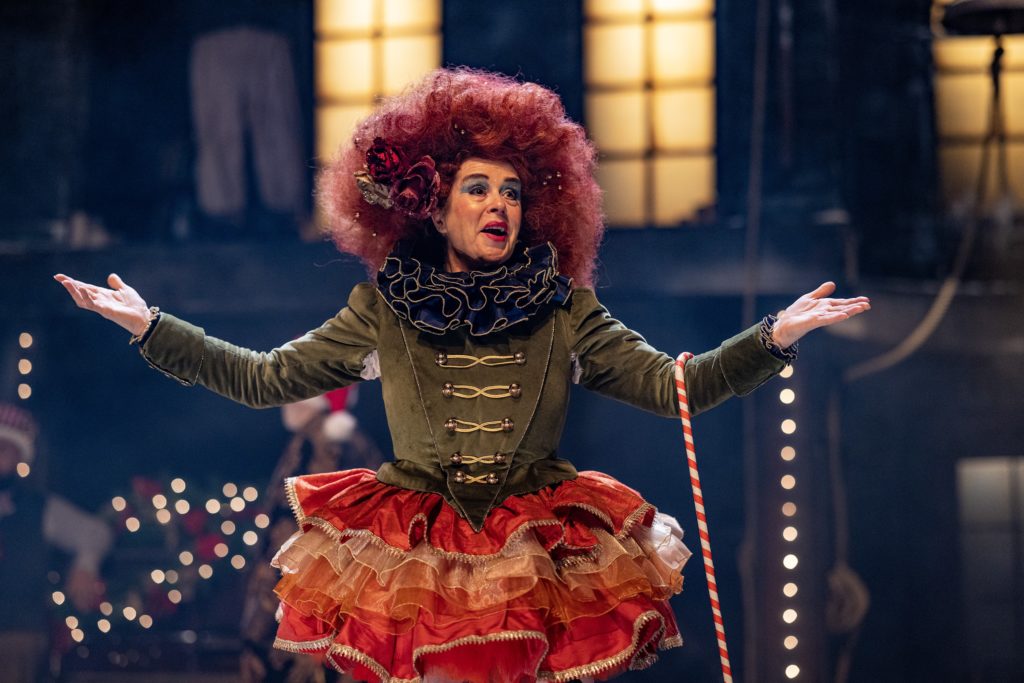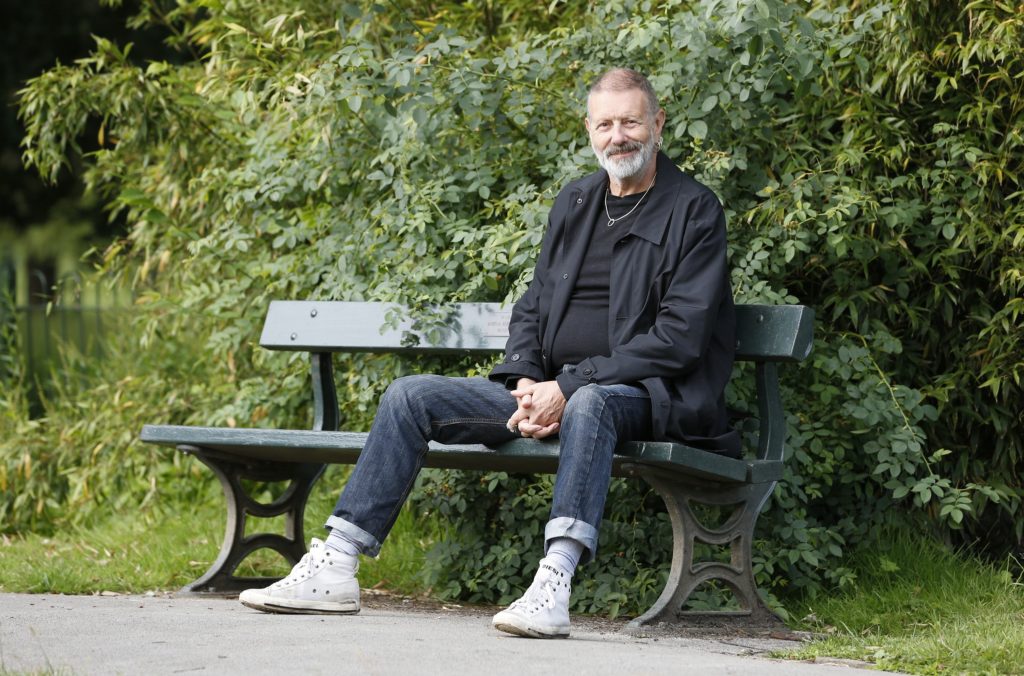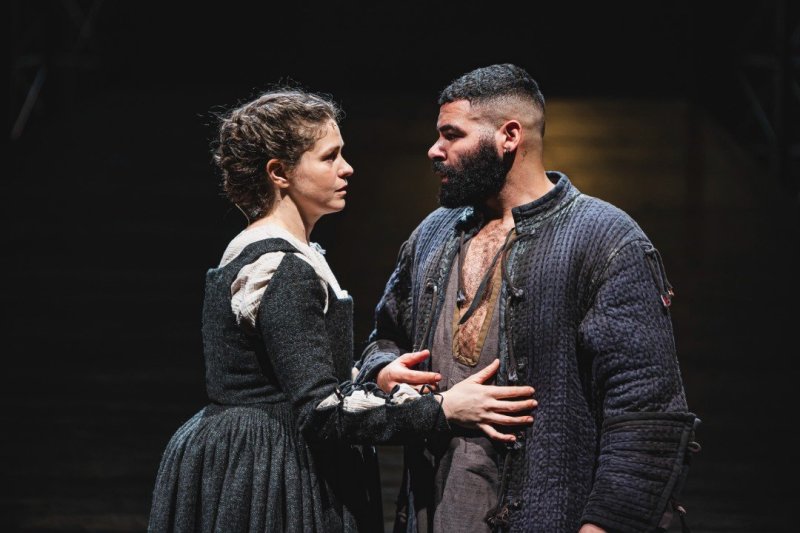
WHEN shall we meet Amy Leach’s Macbeth again? Only two years to the month since its Leeds Playhouse premiere.
Sixty-nine schools from across Yorkshire attended the 2022 run, “introducing more than 5,000 students to the excitement and lasting resonance of Macbeth – and giving some of them their first electrifying experience of live theatre,” as artistic director and chief executive James Brining recalls in his programme notes.
Even more school-friendly matinees have been fitted in for the return of GCSE Eng Lit set text Macbeth, supported by a programme of resources and activities to “bring additional depth and breadth to students’ appreciation of this incredible play”.
Striking up a pre-show conversation with the student in the neighbouring back-row seat at Thursday’s lunchtime matinee, she had first seen a version of Macbeth when she was ten and it had since become her favourite play. Now she is studying its psychology on her GCSE course.
And what a psychological thriller to be watching to elucidate those studies, in a theatre full to the brim with excited school uniforms, all enraptured from start to finish by Leach’s vision of all-inclusive theatre-making. Theatre for all the senses, all audiences, all performers, deaf, visually impaired, included. Each performance has integrated audio description.
Think of modern theatrical retellings of historical stories with nods to concert culture, and up pops SIX The Musical, the Spouse Girls’ revenge of Henry VIII’s wives. Another controversial king, Macbeth, is now framed in a setting that would not be out of place in a stadium rock show.
A huge drawbridge hangs heavy over Hayley Grindle’s stage. Searchlights scan the auditorium from metallic towers spread out like a forest. Fog enfolds. Deafening noise bursts through the air. For those about to rock, however, stop. You notice a puddle of water; muddy ground; grit too. Something witchy this way comes.
Enter the weather-watchful Witches (Charlotte Arrowsmith, Karina Jones and Elkanah Wilder, all from 2022), spinning opening words that are re-shaped, re-ordered, with rhythms afresh, their sound as important as their meaning.
What’s this? Macbeth (Ash Hunter, last seen on Yorkshire boards as Heathcliff in Wise Children’s Wuthering Heights at York Theatre Royal) and Lady Macbeth (the returning Jessica Baglow) are cradling a new-born baby, only for the bairn to die within a heartbeat.
In the Playhouse’s wish to “explore the damaging physical, spiritual and psychological effects of treachery on those who seek power at any cost”, Leach has put child loss, lineage and legacy at the heart of the Macbeths’ behaviour, the acts of murder, the need to eliminate all threats to their ill-gotten power.
Leach then takes it even further, Baglow’s Lady Macbeth being pregnant when she beseeches “unsex me here” and later suffering a miscarriage as blood seeps through her nightgown. Come the finale, Leach adds prescient text to give a foretaste of Banquo’s son, Fleance, becoming king as the Witches had prophesied.
Those Witches typify Leach and Brining’s “commitment to accessible and inclusive theatre-making”, as does the participation of the blind Benjamin Wilson as audio description consultant.
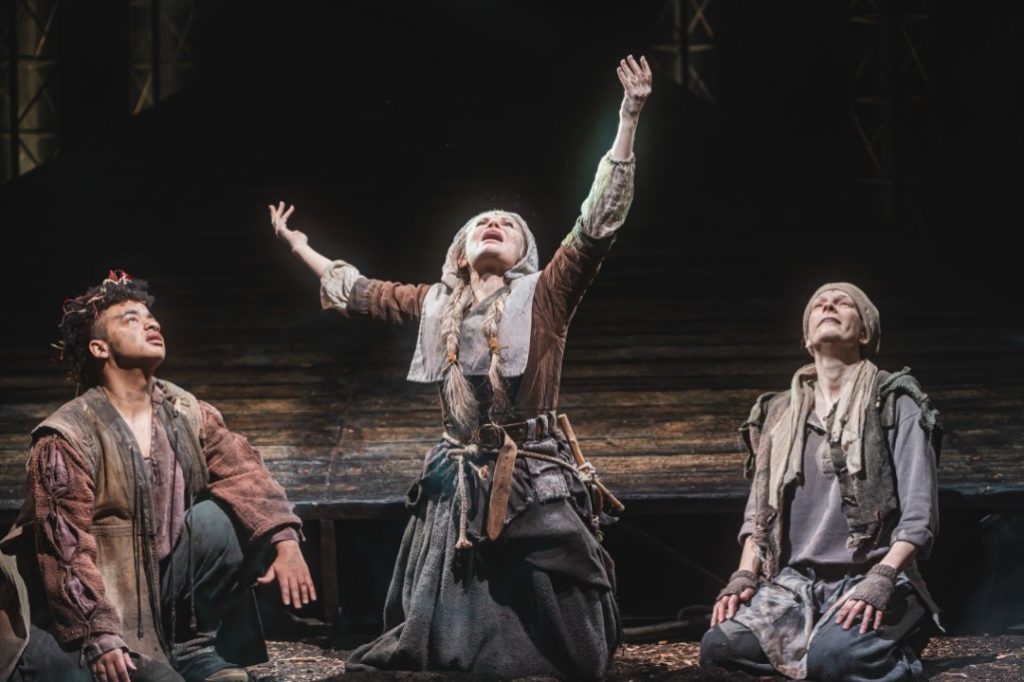
Among the witches, Karina Jones is visually impaired and Charlotte Arrowsmith is profoundly deaf, while Elkanah Wilder “interrogates multifaceted sociopolitical oppressions from a queer and disabled lens”.
Here, Shakespeare’s “weird sisters” are neither weird, nor alien, in the way they are often played, but are as wild as the landscape instead.
Arrowsmith also plays Lady MacDuff, partnered once more by the profoundly deaf Hull actor Adam Bassett as MacDuff. Paul Brown’s Lennox vocally interprets the sign language, complementing the intensity of Bassett’s expressive face, hands and arms with the staccato rhythms of his speech.
Learning of, spoiler alert, his wife and children’s deaths is even more shocking, heart-rending, in this form of news delivery: theatre at its unique best, living and breathing in the rawness of the moment.
Not only do lighting designer Chris Davey’s searchlights induce a sense of paranoia (later turning from white to red after yet more murdering), but relentlessly oppressive natural elements prevail too, along with the sound and fury of machismo war.
These are all big, muscular, mud-and-blood splattered men, ready to rut like stags, except for Aosaf Afzal’s King Duncan; their physicality being emphasised by Georgina Lamb’s movement direction and Claire Lewellyn’s fight direction. Likewise, Nicola T Chang’s sound design adds to the cacophony.
Macbeth’s vaulting ambition may in part be represented by the drawbridge, crowned when on top of it, but broken beneath it, but Leach’s production is deeply human amid the technology.
In the relationship of Hunter’s reactionary Macbeth and Baglow’s more intuitive Lady Macbeth, the shifting sands become less about calculating mind games, controlled initially by her, more about brute physicality and brutal will, imposed by him, as intense love and mutual hopes are snuffed out in the face of ultimate destiny being beyond their control, whether shaped by supernatural witchcraft or the resurrection of natural order.
Hunter’s Macbeth is as physical in his language as in his pugilist’s body, his soliloquies carrying the force of punches amid the fevered actions of his bloody rise and fall. He is so spent – “Enough, enough, I am done” – that he lays down to let Macduff administer the final blow.
Above all, Leach puts Lady Macbeth’s motives under the spotlight, and if purists feel she has gone too far in doing so, the reality is that Baglow’s performance is all the better, more rounded, for it.
Risk-taking change can be liberating, rather than be judged as taking liberties, as Leach’s emboldened Playhouse productions affirm, from Romeo And Juliet to Macbeth X 2.
What’s more, there is no damned spot to ‘out’ here. Leach’s Macbeth was already beyond blemish in 2022 and is even better in 2024.
Macbeth, Leeds Playhouse, today at 2pm and 7.30pm. Box office: 0113 213 7700 or leedsplayhouse.org.uk.

